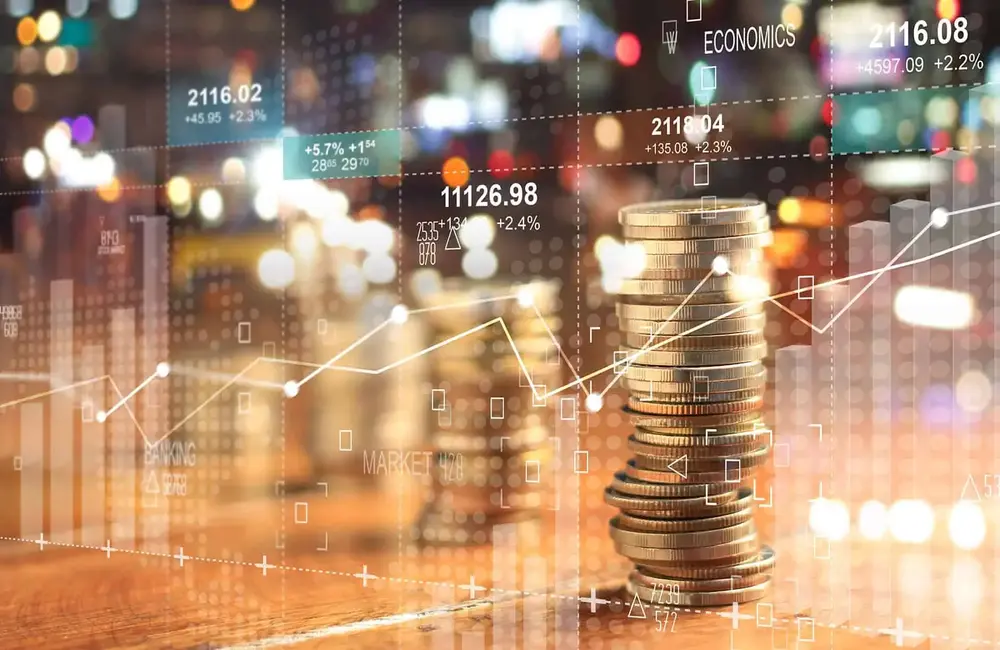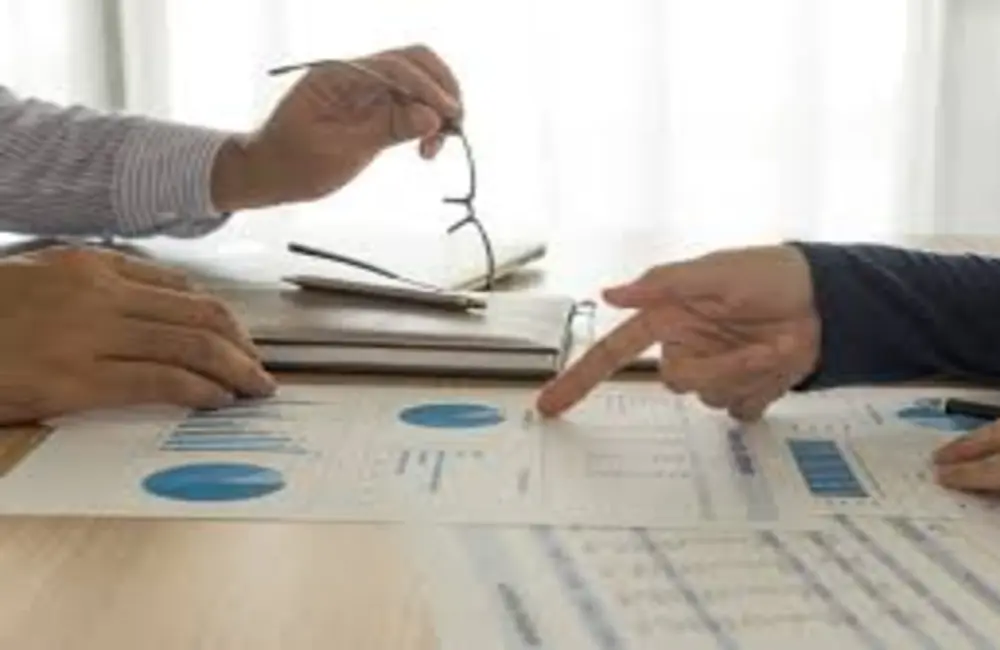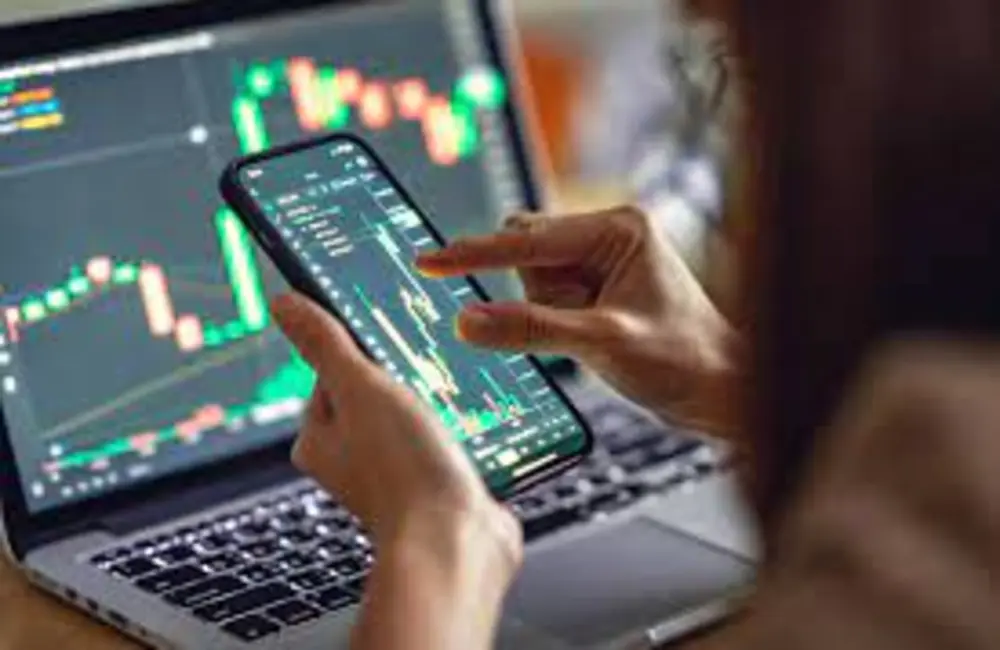ASX futures were 11 points or 0.2 per cent lower at 6896 at 8:00am AEDT on Wednesday, indicating a fall at the open. The Dow Jones Industrial Average fell 402.23 points, or 1.2 percent, to 32,396.17. The S&P 500 fell 27.44 points, or 0.7 percent, to 4,091.19. The technology-heavy Nasdaq Composite declined 20.22, or 0.2%, to 12348.76.
Mrs. Pelosi arrived in Taiwan on Tuesday and was later expected to sit down with Taiwanese officials, making it the first visit by a House speaker to the democratically ruled island in more than two decades. Beijing, which considers Taiwan part of its territory, had warned Mrs. Pelosi not to make the visit. Chinese officials had promised to retaliate with unspecified countermeasures if she visited as scheduled.
Mrs. Pelosi’s visit coincided with a volatile moment for markets. The US is facing the twin threats of surging inflation and rapidly rising interest rates -- as part of the Fed's stated mission to crush rising prices even if that means quelling economic growth.
In the commodities markets, iron ore finished up 0.4 per cent at US$113.30, with Brent crude falling 0.2 per cent to $US99.83 a barrel, gold ticked up 0.1% to US$1,789.70.
The yield on 2 year Australian Government bonds increased to 2.43% and 10 year bonds fell to 2.97% in local bond markets. Outside the US, 2 Year US Treasury notes yielded 3.05% and 10 Year US Treasury notes yielded 2.75%.
The Australian dollar plunged to 69.17 US cents from 70.24 at the close on Wednesday. The WSJ Dollar Index, which gauges the U.S. currency against 16 others, rose to 98.09.
Asia
Chinese stocks closed down continuing early losses after the US and China traded barbs over a planned visit by US House Speaker Nancy Pelosi to Taiwan. The Shanghai Composite Index ended 2.3% lower at 3186.27, down from earlier in the session when it hit a two-month low. The Shenzhen Composite dropped 2.9%, to 2138.17, while the ChiNext Price Index shed 2.0% to 2678.62. “Beside Covid-19 and China’s delisting risks, caution still appears to be the predominant force on Chinese markets right now,” said IG market strategist Yeap Jun Rong in a note. Energy stocks declined, weighed down by soft economic data from China. China Coal Energy fell 2.5%%, while PetroChina and China Oilfield Services both lost 1.9%.
Hong Kong’s Hang Seng Index shed 2.4% to 19689.21, closing at its weakest level since mid-May as geopolitical worries swirled around ahead of US House Speaker Nancy Pelosi who is set to visit Taiwan. Chinese officials have threatened an unspecified response for the visit. Sentiment toward the real-estate sector continued to sour on expectations that demand for property in July is likely to be weak, with Country Garden Holdings Ltd. falling 6.5% and Longfor Group Holdings Ltd. 4.7% lower. Tech shares also retreated. Alibaba Group lost 2.8%, its fifth straight drop. Automakers reversed the gains they enjoyed in the previous session. Great Wall Motor declined 6.8 percent, XPeng fell 5.9 percent and BYD Co. was down 3.0 percent.
Japan’s Nikkei 225 fell 1.4%.
Europe
Most European markets slid, ahead of an expected lower open for the United States. The pan-European Stoxx Europe 600 fell 0.3% and the French CAC 40 and German DAX fell 0.2%.
“US earnings season has been better than feared, which has lent support to markets and this trend may continue with a flurry of updates today,” say analysts at IG in a note. "The buffet of earnings around the world, led by Starbucks, Uber, AMD and Caterpillar in the US, more than compensating for a reasonably quiet macro-economic calendar today."
London’s FTSE 100 ended 0.06% lower on Tuesday, and European bourses were “giving back ground as the increasing uncertainty from US House Speaker Nancy Pelosi's visit to Taiwan continued to keep markets on edge,” said Michael Hewson at CMC Markets.
Taylor Wimpey was the day's biggest faller, ending 6.2% lower, with Barratt Developments and Berkeley Group down 5.6% and 5% respectively. Meanwhile, Haleon was the day's top riser, closing 4.3% higher, followed by BP and Standard Chartered, which gained 2.8% and 2.6%. After reporting 2Q earnings above analysts' expectations, BP shares rallied.
North America
US stocks slipped on Tuesday as U.S. House Speaker Nancy Pelosi’s visit to Taiwan heightened geopolitical tension and Federal Reserve officials signalled they remained committed to fighting inflation.
The Dow Jones Industrial Average fell 402.23 points, or 1.2 percent, to 32,396.17. The S&P 500 fell 27.44 points, or 0.7 percent, to 4,091.19. The tech-heavy Nasdaq Composite fell 20.22 points, or 0.2%, to 12348.76.
Mrs. Pelosi arrived in Taiwan on Tuesday and was planning to hold discussions later with the Taiwanese officials, in the first visit by a House speaker to the democratically governed island since 1997. Beijing, which considers Taiwan part of its territory, had warned Mrs. Pelosi against making the trip. Chinese officials warned of unspecified retaliations if Ms. Tsai’s trip went ahead.
Asian stocks sold off. The benchmark Shanghai Composite in China fell 2.3 percent, and the Hang Seng Index in Hong Kong declined 2.4 percent.
Mrs. Pelosi’s visit took place against a fragile market background. The US economy is reeling from the twin challenges of surging inflation and an accelerating rate rise -- part of the Fed's plan to combat surging prices even if it means slowing economic growth.
Stocks have surged in recent weeks on hopes the worst might be over for inflation and rate increases. But comments from Fed officials on Tuesday indicated that such enthusiasm could be premature.
In an interview with CNBC, San Francisco Fed President Mary Daly said that the Fed was “nowhere near” finished hiking interest rates. At the same time, Chicago Fed President Charles Evans said he would prefer the US central bank to slow its rate hikes, but added that a further 0.75-percentage-point increase at its meeting in September "could also be OK."
“Even if you think the inflation dragon is dead, there is still plenty to worry about,” said Altaf Kassam, the head of investment strategy for Europe, the Middle East and Africa at State Street Global Advisors.
“There are far too many unknowns right now out there. Markets are going to be more volatile since central banks are being more data dependent, and these aren’t such crazy low valuations that you’re going to say, ‘Yeah, let’s buy now,’ ” he said.”
Investors were also watching corporate earnings closely, which to date have generally been better than feared.
Pinterest shares gained $2.32, or 12 percent, to $22.31 after the activist investor Elliott Management said it was the biggest investor in the social-media company and the new chief executive of Pinterest said he would prioritize profitability.
Uber surged $4.65, or 19 percent, to $29.25 after the ride hailing company’s revenue more than doubled, an indication that its efforts to cut into its losses were paying off.
Caterpillar dropped $11.35 a share, or 5.8 percent, to $183.51, which helped pull the Dow down, as sales at the equipment maker missed analysts’ estimates. JetBlue shares dropped 55 cents, or 6.4 percent, to $8.04, after the airline said it lost money in its second quarter.
Government bond prices fell on Tuesday, driving yields higher, after jitters over Mrs. Pelosi’s trip had earlier driven investors into assets deemed havens. The yield on the 10-year US Treasury note, a key benchmark, climbed to 2.74% after falling to 2.605% Monday, the lowest in eight months. Bond prices and yields move in opposite directions.
Previously, bond markets had flashed a warning signal on the economy: The difference between yields on three-month Treasury bills and 10-year Treasury notes briefly inverted for the first time since the pandemic began a sign that the Fed says has the best track record of predicting a recession. The spread over the yields narrowed to minus 0.001 percentage point on Tuesday before inching back into positive territory, Tradeweb data showed.
Mrs. Pelosi’s visit to Taiwan did not immediately prompt any ominous reaction from Beijing, but it fed anxieties that the already fraught relationship between the United States and China was headed for a further deterioration, investors said.
Tensions could rise worldwide and cause global investors to dump Chinese assets anew so soon after many had slowly warmed to Chinese assets after previous periods of market turmoil, said Daryl Liew, head of portfolio management at REYL Singapore. “That is being devastated by this geopolitical event,” he said.
























